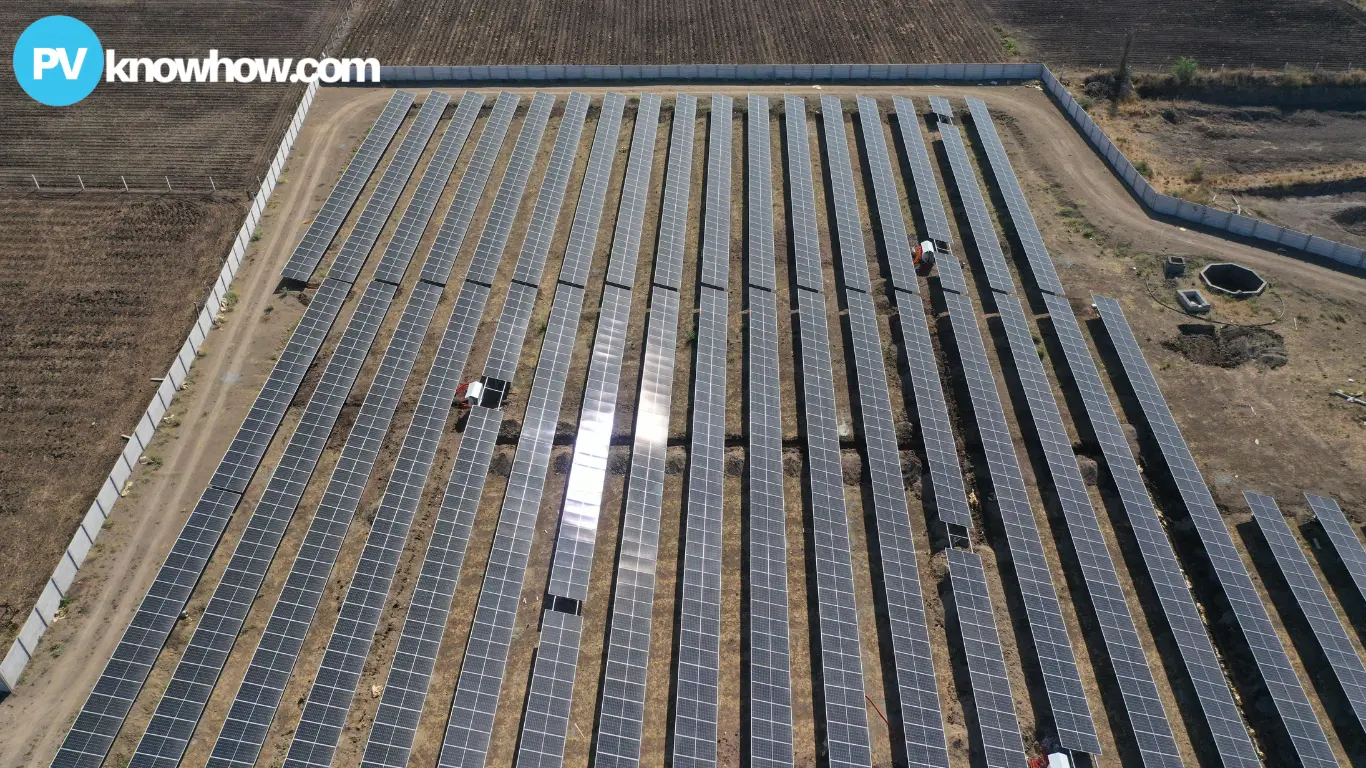The New Delhi Municipal Council (NDMC) has announced a major partnership with the Solar Energy Corporation of India (SECI) to acquire 200 MW of solar power, marking the first phase of NDMC's ambitious goal to achieve 100% green energy by 2025. This initiative, finalized at a recent council meeting, will secure solar energy at a competitive tariff of approximately ₹2.61/kWh for a 25-year period.
Aiming for 100% Green Energy by 2025 with Solar Power
NDMC’s collaboration with SECI has resulted in the approval of a bid to procure 200 MW of solar power for a 25-year period. The solar energy will be sourced at a competitive tariff of approximately ₹2.61/kWh, reflecting a strategic effort to balance cost-effectiveness with environmental responsibility. This decision, finalized at a recent council meeting, is a cornerstone of NDMC’s broader energy policy aimed at reducing electricity deficits and promoting renewable energy.
The initiative to secure solar power through this partnership is a critical step towards making New Delhi the first municipality in India to operate entirely on green energy by 2025. This ambitious goal sets a powerful example for other municipalities across the country, demonstrating a strong commitment to sustainability and environmental stewardship.
Meeting New Delhi’s Energy Demands with Solar Power
During peak summer demand, the New Delhi area requires around 450 MW of electricity per day. NDMC’s plan to secure 200 MW of solar power is a significant step towards ensuring a reliable and sustainable energy supply that can meet these demands. With a target supply capacity of up to 525 MW per day, NDMC aims to comfortably handle peak loads, ensuring that the energy needs of the city are consistently met.

Image: Collected
The procurement of solar power at ₹2.61/kWh is not only cost-effective but also aligns with global efforts to combat climate change. By reducing reliance on fossil fuels, this initiative will help decrease harmful greenhouse gas emissions, contributing to a healthier and more sustainable environment for future generations.
NDMC’s goal of achieving 100% green energy by 2025 underscores its commitment to long-term sustainability. Investing in solar power today is not just about meeting current energy needs—it’s about laying the foundation for a future where renewable energy plays a central role in the city’s energy mix.
This initiative is also expected to inspire other cities and institutions to follow NDMC’s lead, turning New Delhi into a case study in effective urban environmentalism. If successful, this energy plan could serve as a model for other municipalities and nations, offering a legacy of stewardship, resilience, and sustainability.
Meeting New Delhi’s Energy Demands with Solar Power
During peak summer demand, the New Delhi area requires around 450 MW of electricity per day. NDMC’s plan to secure 200 MW of solar power is a significant step towards ensuring a reliable and sustainable energy supply that can meet these demands. With a target supply capacity of up to 525 MW per day, NDMC aims to comfortably handle peak loads, ensuring that the energy needs of the city are consistently met.
The procurement of solar power at ₹2.61/kWh is not only cost-effective but also aligns with global efforts to combat climate change. By reducing reliance on fossil fuels, this initiative will help decrease harmful greenhouse gas emissions, contributing to a healthier and more sustainable environment for future generations.
NDMC’s goal of achieving 100% green energy by 2025 underscores its commitment to long-term sustainability. Investing in solar power today is not just about meeting current energy needs—it’s about laying the foundation for a future where renewable energy plays a central role in the city’s energy mix.
This initiative is also expected to inspire other cities and institutions to follow NDMC’s lead, turning New Delhi into a case study in effective urban environmentalism. If successful, this energy plan could serve as a model for other municipalities and nations, offering a legacy of stewardship, resilience, and sustainability.
Encouraging Investment in Solar Power and Green Energy
The NDMC Solar Power program exemplifies the benefits of investing in solar energy and highlights the advantages of expanding solar power capabilities. As technology advances and the costs of solar power systems continue to decline, the momentum behind solar energy is expected to grow even stronger.
This project demonstrates how municipalities can harness solar power to meet their power needs while contributing to environmental conservation. By taking this bold step towards 100% green energy, NDMC is positioning itself as a leader in the renewable energy sector.
In collaboration with SECI, this initiative not only addresses New Delhi’s energy deficit but also paves the way for a new era of sustainable energy solutions. As more agencies and cities follow NDMC’s example, the vision of a cleaner, greener New Delhi is becoming increasingly tangible.
A Vision for a Greener Future Through Solar Power
As NDMC progresses towards its goal of 100% green energy by 2025, the city’s skyline is poised to undergo a transformation. Projects like the solar installation at Raja Garden will contribute to a future where New Delhi’s energy infrastructure is not only more sustainable but also more resilient.
This initiative is a testament to the potential of solar power to drive meaningful change in urban energy systems. By prioritizing renewable energy, NDMC is ensuring that New Delhi remains at the forefront of sustainable development, setting a benchmark for other cities to aspire to.
The NDMC Solar Power project is a significant milestone on the path to a greener, more sustainable future. As the city embraces solar energy, it is taking a bold step towards achieving 100% green energy by 2025, leaving a legacy for future generations.
